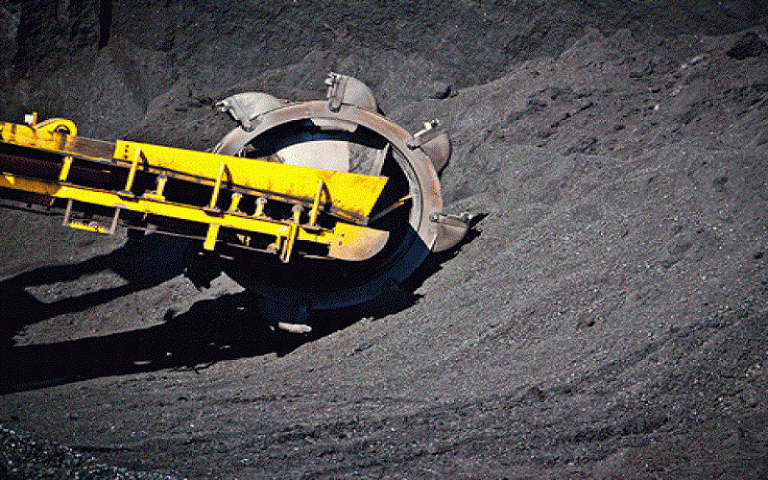ISR academics sign letter to Prime Minister voicing concerns over the planned new Cumbrian coal mine
10 February 2021
Prof Paul Ekins and Prof Michael Grubb signed the letter alongside 11 other leading scientists working on climate change mitigation. It argues that the proposed Cumbrian coal mine is not compatible with the UK’s legal obligations on climate change.

The letter raises three main concerns over the mine, which was approved last year by Cumbria County Council, and over which the government has so far declined to intervene.
The first relates to the UK’s position in relation to the upcoming COP26, where it will be urging other countries to take stronger action, particularly in respect of coal. However, this is inconsistent with approving the development of a coal mine which would fuel emissions.
The second concerns the UK’s legal obligations under The Climate Change Act to reduce emissions to net zero by 2050. The Climate Change Committee has written that “Coking coal use in steelmaking could be displaced completely by 2035” in the UK. Yet the Cumbrian mine, which will produce coking coal, is scheduled to continue in production until 2049.
Finally, the UK production of coking coal from the new mine would create an incentive for the UK steel industry to maintain old coal-based steel plants and reduce incentives for them to use low-carbon alternatives.
The group, which gave evidence to Cumbria County Council during the original planning process urged the government to intervene:
the decision about the mine in Cumbria is a national decision, with international consequences. We therefore urge you to intervene and consider this decision at a national level, in order to preserve the UK’s reputation as a climate leader in the run-up to the crucial COP-26 Summit this year.”
The signatories to the letter are:
- Professor Paul Ekins OBE, Director; Professor of Resources and Environmental Policy, UCL Institute for Sustainable Resources, University College London
- Dr. Pao-Yu Oei, Head of Research Group CoalExit, Technische Universität Berlin
- Professor Michael Grubb, Professor of Energy and Climate Change at University College London (Institute of Sustainable Resources & Energy Institute) and Hub Leader for Sustainability, ESRC Programme on Rebuilding Macroeconomics
- Professor John Barrett, Chair in Energy and Climate Policy, University of Leeds
- Dr Piotr Śpiewanowski, Assistant Professor, Institute of Economics, Polish Academy of Sciences (specialist in commodity markets & mining sector)
- Professor Peter Newell, University of Sussex and co-founder and research director of the Rapid Transition Alliance
- Professor Adrian Smith, Professor of Technology & Society, SPRU – Science Policy Research Unit, University of Sussex
- Dr Matthew Lockwood, Senior Lecturer in Energy Policy, Sussex Energy Group, Science Policy Research Unit, University of Sussex Business School
- Valentin Vogl, MSc, PhD student in steel industry transitions, Environmental and Energy Systems Studies, Lund University, Sweden
- Professor Lars J. Nilsson, Professor of Environmental and Energy Systems, Lund University; IPCC lead author on industry in the 6thassessment report.
- Dr Max Åhman, Associate Professor and Senior Lecturer, Environmental and Energy Systems Studies, Lund University
- Professor Rebecca Willis, Professor in Practice, Lancaster Environment Centre.
- Professor Mike Berners-Lee, Lancaster Environment Centre; director, Small World Consulting.
Further information
In the media
- https://www.telegraph.co.uk/environment/2021/02/08/cumbria-coal-mine-could-break-paris-agreement-leading-climate/
- https://www.telegraph.co.uk/environment/2021/02/09/controversial-cumbria-coal-mine-decision-reconsidered/
 Close
Close

